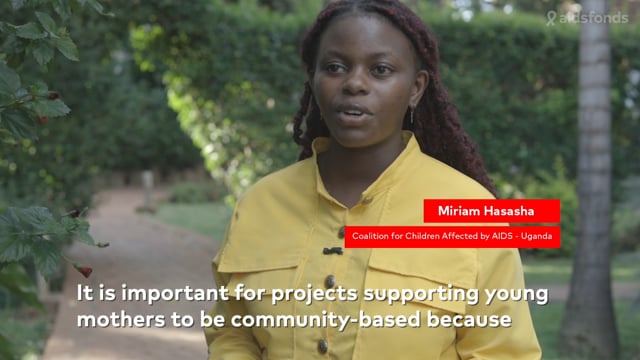
2024 Call for Proposals: HIV Cure
For the first time Sidaction and Aidsfonds are pleased to jointly launch a call for scientific proposals on the theme of HIV CURE with an overall budget of 2 million euros. This initiative, the fruit of an unprecedented collaboration between the two organisations, aims to mobilise researchers from France, the Netherlands and African countries around this crucial issue for global health. The goal of this ambitious initiative is to foster collaboration between researchers, institutions, and communities, with an emphasis on interdisciplinary and collaborative research on the cure for HIV.
Read more




































